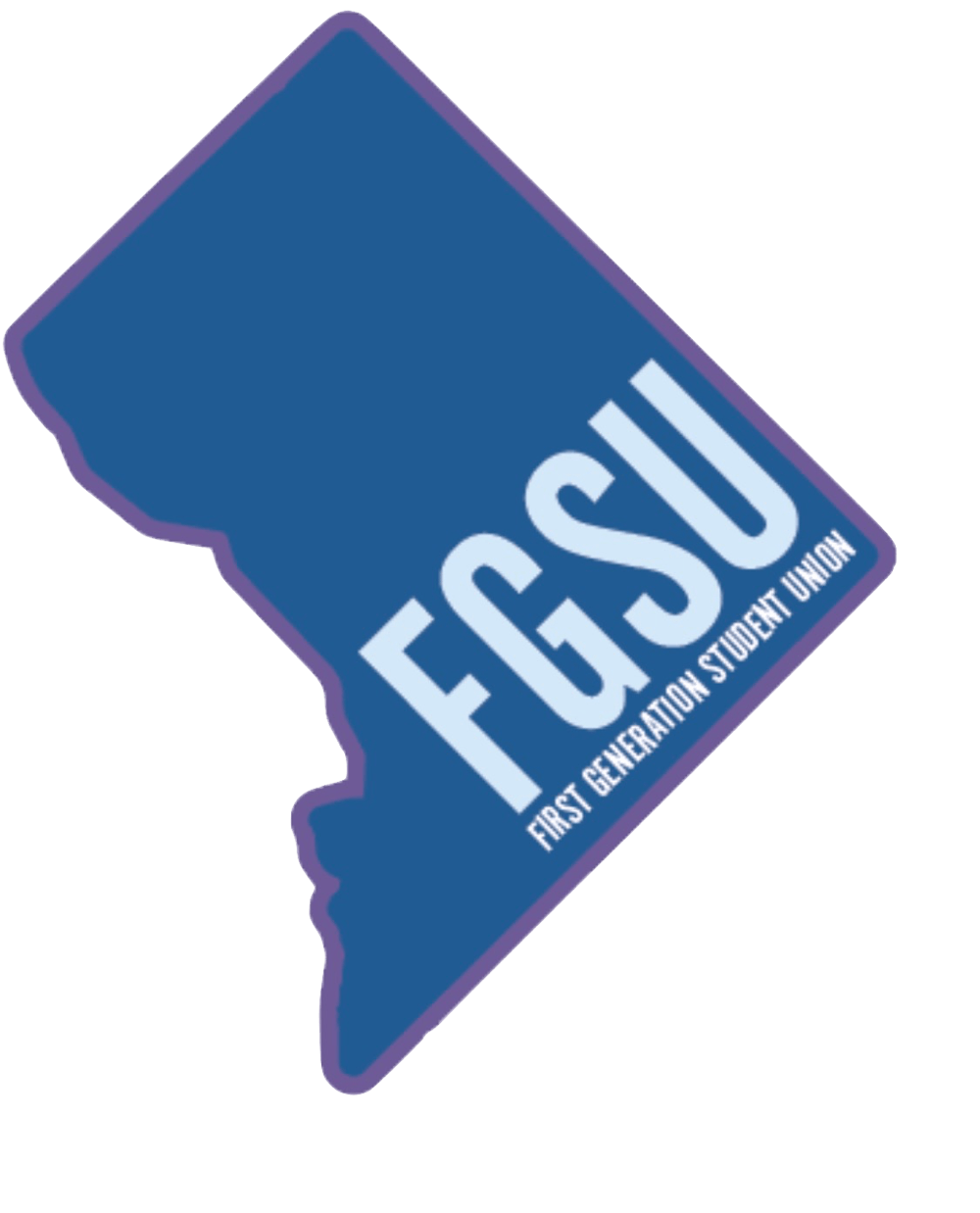Editor's Note: This article appeared in The Eagle's October 2020 virtual print edition.
Though the transition to a completely virtual semester has made it more difficult for American University students to connect with each other, clubs on campus have worked to create community through Zoom.
After announcing on July 30 that AU would be operating fully online for the fall 2020 semester, the AU Club Council, the Center for Student Involvement and club leaders began to plan for a virtual semester.
“The first feeling was, ‘Wow, it's going to be challenging to create a sense of community,’” CSI Associate Director Calvin Haney said. “The second feeling was, ‘Wow this is an interesting opportunity to practice what we preach, in terms of good use of social media engaging in the digital space.’”
To help clubs navigate virtual meetings, CSI and AUCC held virtual training sessions on how to use Zoom and engage with the community. To further mitigate any confusion from club leaders about how AUCC is operating this semester, they created several subcommittees to support clubs: the Get Involved Committee, the Leadership Development Committee and the Community Building Committee.
“Last semester we weren't sure how to adapt; everything was changing,” said Katy Selinger, AU College Republicans President. “Over the summer, we definitely took advantage of the online classes going on and all the Zoom trainings ... to figure out what we wanted to do for this semester.”
Selinger said that for AUCR, the transition online has made it harder for new members to connect with the organization in a more informal way, making community-building a much more difficult task.
“One thing that’s just really lacking in a completely online setting is you don't have the chance to stop by and talk to somebody on the way out the door as everyone's leaving an event,” Selinger said.
For clubs that are performance-based or typically require some element of in-person meetings, the transition involved a lot of uncertainty.
“The adjustment has been difficult because, in a club like Pitches Be Trippin’, the majority of what we do relies on in-person interactions and in-person rehearsals,” said Hannah Gandell, the community chair of a cappella group Pitches Be Trippin’. “Without those, a lot of what makes our group an a cappella group kind of disappears.”
The group still meets regularly over Zoom, and they’ve learned to get creative with the way they use social media, whether that’s learning ways to film and edit videos remotely or posting TikToks introducing the members.
A cappella groups rely heavily on a person-to-person connection for recruitment, Gandell said, which Pitches felt couldn’t be done genuinely over Zoom. As a result, the group suspended recruitment for the semester, but have tried to stay connected with new students through the involvement fair and social media.
Other clubs, like AU’s chapter of March For Our Lives, have had an easier time translating their club into a virtual experience, even though it still has its drawbacks. Though in-person lobbying and demonstrations have been integral to how the group has operated in the past, it’s had success lobbying virtually. Still, Co-Director Sam Hamilton says there’s less of a connection.
“There’s been like a lot of really great lobby days, but it's definitely not as personal,” Hamilton said. “Part of the fun of lobby days is preparing with your friends and getting dressed up to go to the Hill. Whereas now it's sitting in your bed and putting on a suit coat over your T-shirt, which is convenient but it definitely doesn't have the same feel as it used to.”
Because of the election year, political clubs have used the fact that AU students are spread across the country to their advantage.
“Of course we're not advocating everybody go knocking door to door because of the restrictions and whatnot, but now people can really get more connected with campaigns in their own communities,” said Jeremy Ward, executive director of AU College Democrats.
One thing that all clubs have in common? Constant attempts to minimize Zoom burnout.
“People get Zoomed out, being on Zoom for classes and everything else,” Ward said. “They may not want to be on a Zoom even though they’re dedicated to a club or organization.”
To limit this, AU College Democrats has tried to incorporate more interactive and social events, like trivia nights and virtual scavenger hunts.
The First-Generation Student Union, a club that officially started this fall, has had to navigate not only the pressure of trying to alleviate Zoom fatigue, but also to establish a (virtual) presence on campus. President Veronica Pacheco said that the club is using social media to promote themselves, but she doesn’t expect the club to meet over Zoom as often as more established clubs would.
“If we were on campus, there might’ve been more pressure to do a whole bunch of events, but I think it's good to kind of take this time to really plan out everything in terms of getting our name out there, establishing more members, getting a more solid e-board,” Pacheco said.
Ultimately, the clubs on campus are taking things one month at a time, trying to adapt to a new experience as best they can. Haney said that students continue to make connections virtually.
As the community chair of Pitches Be Trippin, one of Gandell’s priorities is the health and wellbeing of the group, which she says other club leaders should keep in mind.
“To any club members, club leaders, club e-boards, always check in on your group because, for a lot of people, clubs are their safe space and their way to get away from a lot of other stressors,” Gandell said. “If there's an absence of that community, it can really take a toll on people who treat this as their main source of joy on campus.”





